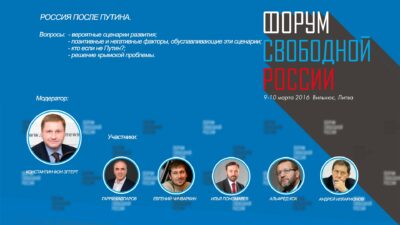Human Rights Watch (HRW) has accused Belarus’s authoritarian regime of carrying out “massive, unprecedented” raids and detentions against the country’s leading civil society organizations and said those being held should be released immediately.
“For nearly a year since the election and in the months leading up to it, Belarusian authorities have imprisoned, harassed, and threatened hundreds of journalists, activists, and critics,” said Rachel Denber, the rights watchdog’s deputy Europe and Central Asia director.
“But this new spree of raids and detentions takes specific aim at human rights groups, in blatant retaliation for their work documenting the year-long crackdown. All of the activists should be freed immediately, and any bogus charges against them dropped,” she added.
HRW’s statements come a day after Belarusian police carried out sweeping raidsagainst human rights groups and the media, including the Vyasna human rights center and the Belarusian Helsinki Committee, in a sign that authoritarian ruler Alyaksandr Lukashenka was further ramping up his crackdown on dissent.
At least a dozen people were detained in the July 14 raids targeting at least 19 nongovernmental organizations in Minsk and other cities.
Belarusian authorities have moved to shut down critical and nonstate media outlets and human rights bodies in the wake of mass protests last August after a presidential election that the opposition said was rigged. The opposition and the West say Svyatlana Tsikhanouskaya, who was forced into exile, won the vote.
Vyasna is the largest rights body in the former Soviet republic and one of the main sources of information on political detentions and arrests.
Belarus has been mired in turmoil since the disputed presidential election that gave Lukashenka his sixth consecutive term in power.
He has since put down street protests and dissent over the vote with sometimes lethal force, jailing thousands of people and forcing most opposition leaders who haven’t been imprisoned to leave the country.
The West, which has refused to recognize the official results of the vote and does not consider Lukashenka to be the country’s legitimate leader, has imposed several rounds of sanctions against the 66-year-old, some of his family members, other senior officials, and on key economic sectors.
Recently, the EU imposed further far-reaching penalties aimed at weakening the regime after the forced landing of a European passenger plane in Minsk and the arrest of an opposition blogger who was on board.
In April, Belarusian Foreign Minister Uladzimer Makey publicly warned that further Western sanctions against Lukashenka’s government will be met by a crackdown on the country’s civil society.
“Any further toughening of the sanctions will lead to the situation where the civil society [in Belarus] of which they [in the West] care, will stop functioning. And that will be, I believe, absolutely grounded in the current situation,” Makey said at the time.
HRW’s Denber said in the July 15 statement that all Belarusian officials, “responsible, including at the highest level, for this crackdown need to know they will ultimately be held accountable.”
“Belarusian authorities are escalating their abuse in the face of international opposition to the tyranny of the past 11 months, and lashing out without boundaries against domestic critics,” Denber said.



